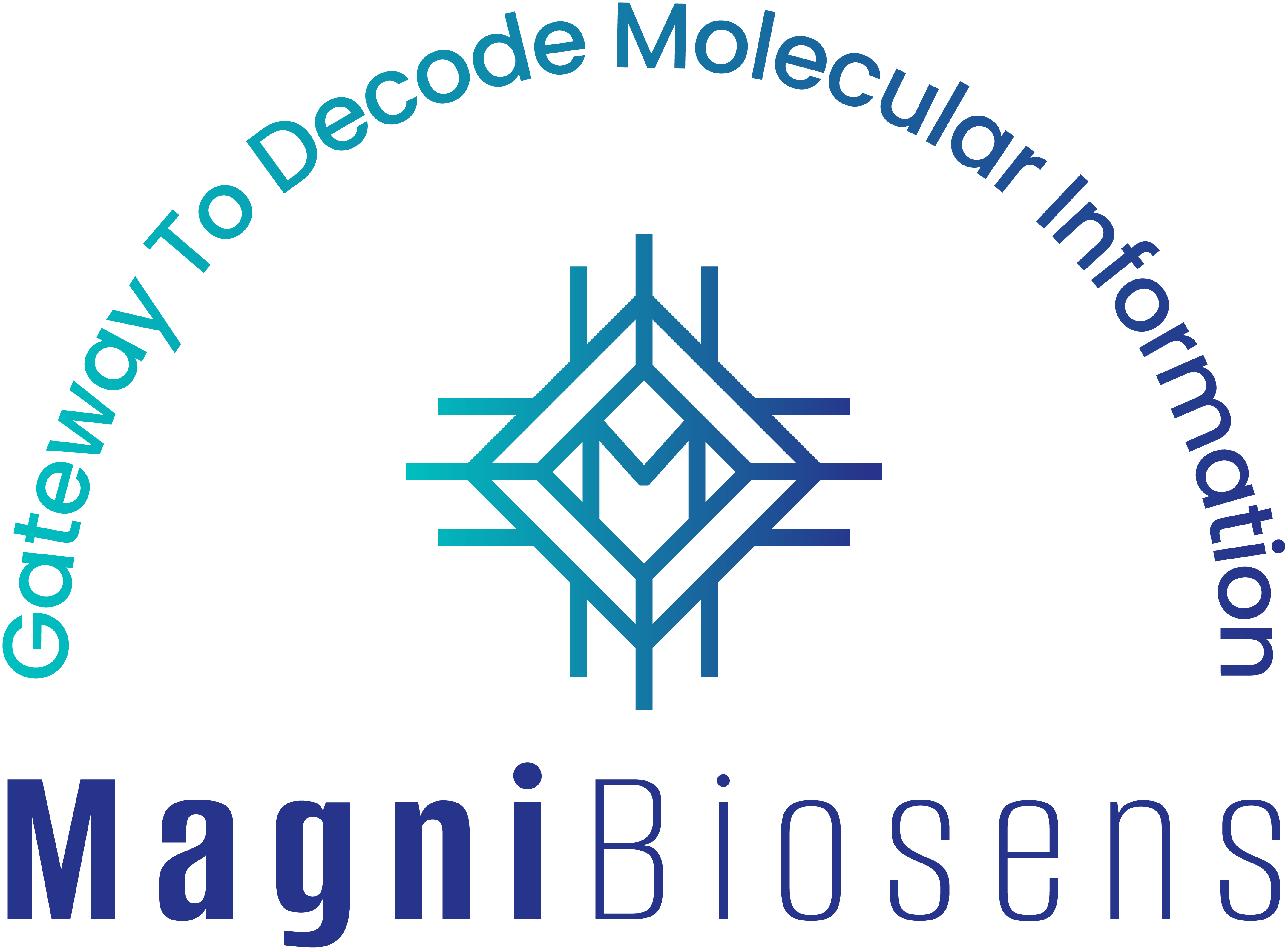
Sustainability
At Magnibiosens, we recognize the critical role biosensors play in advancing sustainability efforts across various industries. By leveraging cutting-edge technology and innovative solutions, we aim to contribute to a more sustainable future. Our sustainability goals via biosensor encompass

Reducing Environmental Impact
- Through the development and deployment of biosensors, we strive to minimize the environmental footprint of industrial processes.
- By enabling real-time monitoring and optimization of resource usage, we aim to reduce waste generation and promote eco-friendly practices.
- Additionally, implementing biosensors for monitoring air and water quality ensures compliance with environmental regulations.
- Integrating biosensors into waste management systems optimizes recycling processes and reduces landfill waste.
- Developing biosensors for monitoring emissions from industrial facilities further minimizes pollution and carbon footprint.
Enhancing Agricultural Efficiency
- Agriculture is a vital sector for global sustainability. Our biosensors are designed to optimize farming practices by providing accurate and timely data on soil health, crop conditions, and environmental factors.
- By improving agricultural efficiency, we support sustainable food production while minimizing the use of water, fertilizers, and pesticides.
- Utilizing biosensors for precision agriculture includes monitoring moisture levels, nutrient content, and pest infestations to optimize crop yields.
- Developing biosensors for livestock management, such as monitoring animal health and behavior, further improves productivity and welfare.
- Integrating biosensors with irrigation systems optimizes water usage and minimizes agricultural water wastage.


Ensuring Food Safety and Security
- Biosensors play a crucial role in ensuring the safety and security of the food supply chain. At Magnibiosens, we are committed to developing biosensing technologies that detect contaminants, pathogens, and adulterants in food products.
- By enhancing food safety measures, we contribute to public health and build consumer trust in the sustainability of the food industry.
- Implementing biosensors along the food supply chain detects foodborne pathogens and contaminants, ensuring the safety and quality of food products.
- Deploying biosensors in food storage and transportation monitors temperature and humidity levels, preventing spoilage and food waste.
- Developing rapid detection biosensors for allergens and adulterants safeguards against food fraud and ensures consumer trust.
Advancing Healthcare Accessibility
- Healthcare accessibility is a fundamental aspect of global sustainability. Our biosensors enable point-of-care diagnostics and remote monitoring, making healthcare more accessible to underserved communities.
- By empowering healthcare providers with efficient diagnostic tools, we support efforts to improve health outcomes and reduce healthcare disparities worldwide.
- Expanding the use of biosensors for remote patient monitoring enables individuals to manage chronic conditions and access healthcare services from home.
- Integrating biosensors into wearable devices for real-time health monitoring and early detection of medical conditions further enhances accessibility.
- Developing low-cost biosensors for use in resource-limited settings improves access to diagnostics and healthcare services.


Promoting Renewable Energy
- The transition to renewable energy sources is essential for mitigating climate change and promoting sustainability. Our biosensors facilitate the efficient production and utilization of renewable energy resources such as biofuels, solar energy, and wind power.
- By optimizing energy conversion processes and monitoring environmental impacts, we contribute to the growth of the renewable energy sector.
- Deploying biosensors in renewable energy systems optimizes energy production and storage, increasing overall efficiency.
- Developing biosensors for monitoring environmental impacts of renewable energy projects, such as wildlife migration patterns and habitat disruption, further promotes sustainability.
- Integrating biosensors with smart grids enhances grid stability and reliability, facilitating the transition to renewable energy sources.
Fostering Collaboration and Innovation
- Achieving sustainability goals requires collaborative efforts and continuous innovation. At Magnibiosens, we actively collaborate with industry partners, academic institutions, and government agencies to drive technological advancements in biosensing.
- By fostering a culture of innovation and knowledge sharing, we accelerate progress towards a more sustainable future.
- Establishing partnerships with research institutions and industry stakeholders to drive innovation in biosensor technology.
- Hosting collaborative workshops and hackathons to engage the community in developing new applications for biosensors in sustainability.
- Supporting open-source initiatives and knowledge sharing platforms to accelerate the adoption of biosensor technology for sustainable development.

